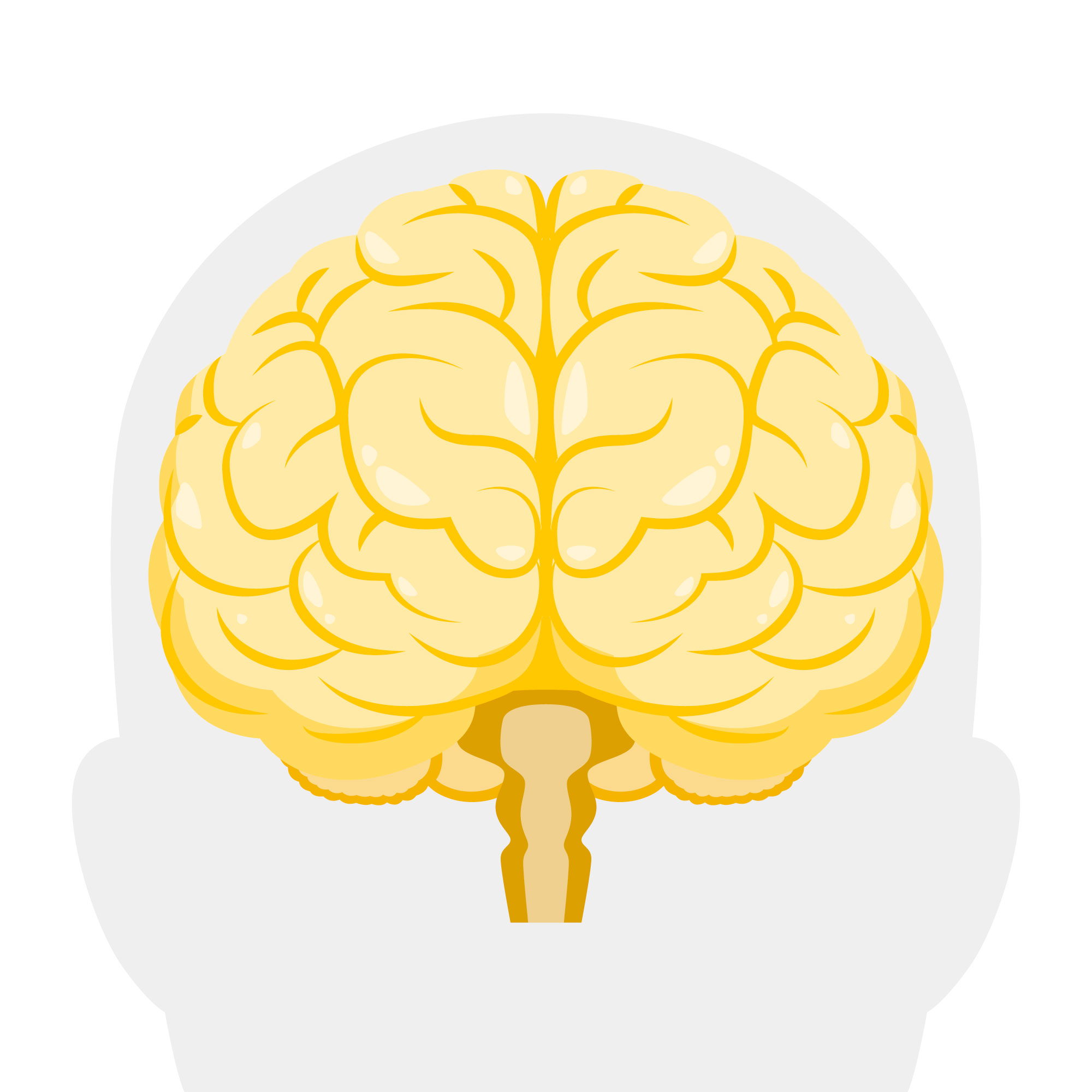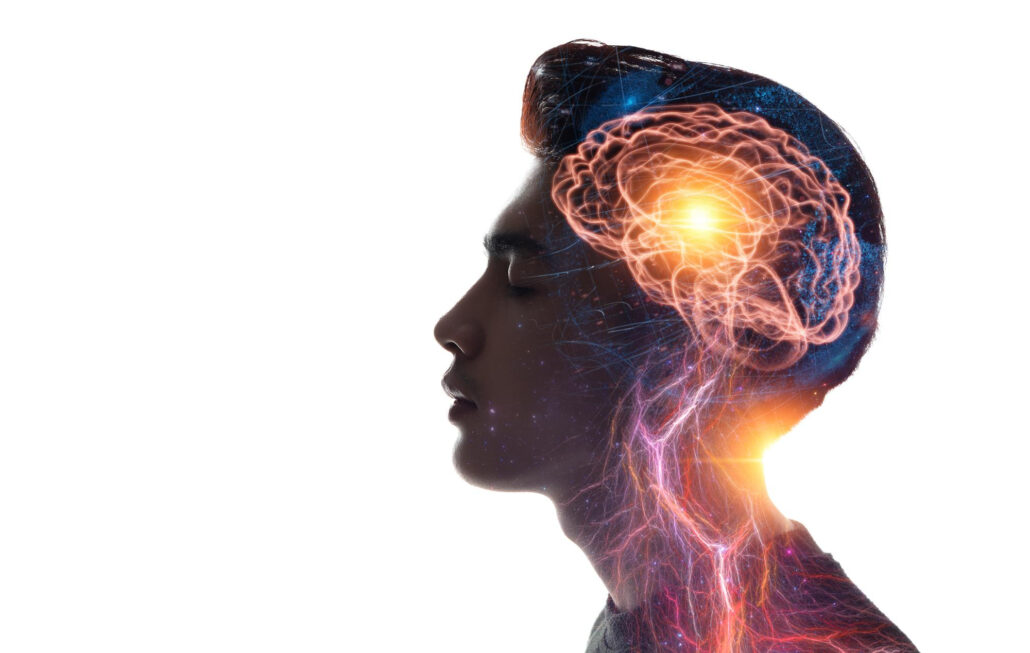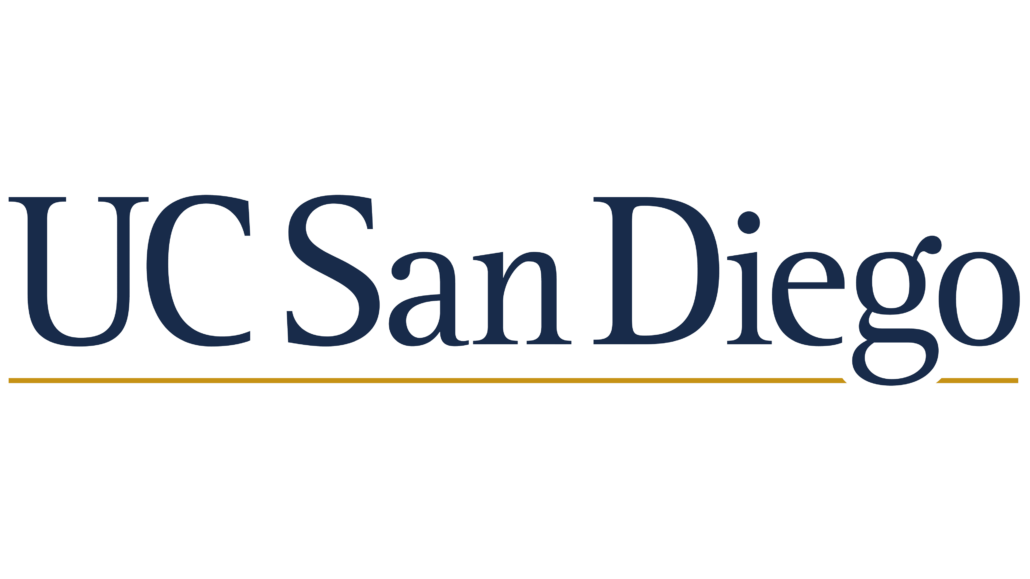Join our Depression
Treatment Study
Researchers at UCSD are partnering with individuals diagnosed with Major Depressive Disorder or Bipolar Disorder type II to evaluate an investigational treatment with repetitive transcranial magnetic stimulation. Join our compensated study today!

Fast Facts
major depressive disorder or bipolar disorder type II
Treatment-Resistant
18+ years old
Compensation Provided
Conducted in San Diego, CA
Study Background
The purpose of our clinical study is to determine if a new form of repetitive transcranial magnetic stimulation (rTMS) is effective in treating anhedonic symptoms in treatment-resistant Major Depressive Disorder (MDD) or Bipolar Depression (BD). This could reduce treatment times and improve depression symptoms in individuals with depression.
rTMS is approved by the U.S. Food and Drug Administration (FDA) for the treatment of MDD in adults with depression that have not benefited from medication.
Specifically, the FDA-approved treatment involves stimulating the left frontal area of the head with an electromagnet that produces a magnetic field delivered in short bursts. These bursts are focused on an area of the brain that is thought to be involved in causing depression. As the magnet rapidly turns on and off, the electrical currents in the brain tend to synchronize with the magnet. TMS has been shown to help some patients with depression.
In this study, we are evaluating the effects of a new form of rTMS, called accelerated intermittent theta burst (aiTBS), to treat depression. aiTBS involves using shorter stimulation periods over multiple treatments received daily for five days. The use of aiTBS is investigational and not FDA approved. We hope to learn if aiTBS is effective in treating depression.

Study Background
The purpose of our clinical study is to determine if a new form of repetitive transcranial magnetic stimulation (rTMS) is effective in treating anhedonic symptoms in treatment-resistant Major Depressive Disorder (MDD) or Bipolar Depression (BD). This could reduce treatment times and improve depression symptoms in individuals with depression.
rTMS is approved by the U.S. Food and Drug Administration (FDA) for the treatment of MDD in adults with depression that have not benefited from medication.
Specifically, the FDA-approved treatment involves stimulating the left frontal area of the head with an electromagnet that produces a magnetic field delivered in short bursts. These bursts are focused on an area of the brain that is thought to be involved in causing depression. As the magnet rapidly turns on and off, the electrical currents in the brain tend to synchronize with the magnet. TMS has been shown to help some patients with depression.
In this study, we are evaluating the effects of a new form of rTMS, called accelerated intermittent theta burst (aiTBS), to treat depression. aiTBS involves using shorter stimulation periods over multiple treatments received daily for five days. The use of aiTBS is investigational and not FDA approved. We hope to learn if aiTBS is effective in treating depression.
If you do not want to send your information through
BuildClinical, please contact the research team directly at
Additional Information
You may qualify for this study if you meet the following criteria.
Inclusion Criteria:
- 18-80 years old
- Proficient in English enough to complete questionnaires, follow instructions, and provide informed consent
- Diagnosed with Major Depressive Disorder OR
- Bipolar Disorder type II and meet criteria for a Major Depressive Episode
- History of resistance to treatment (i.e. treatment has not worked)
- Access to ongoing psychiatric care before and after the study
- On a stable antidepressant regiment for the past 6 weeks
- Good general health
- Have not had TMS treatment before
- Willing to use contraception during the study
Exclusion Criteria:
- Pregnant
- History of psychotic disorder or depression with psychotic features
- Severe borderline personality disorder
- Intellectual disability or Autism Spectrum Disorder
- Current substance use disorder or acute substance withdrawal
- Suicidal thoughts with a plan
- History of more than 8 sessions of electroconvulsive therapy without response
- Recent use of rapid-acting antidepressant agent (i.e., ketamine or a course of ECT) in the last 30 days
- History of neurologic disease or significant head trauma
- Untreated endocrine disorder
- Metal in your head, history of seizures, or a known brain lesion
- Non-removable metal in your body
- Receiving another investigational drug or intervention during the study
- Require a benzodiazepine or anticonvulsant
The first step is a screening visit to determine eligibility, which can be in-person or virtual.
If you consent to being a part of the study and are eligible to participate, you will then receive accelerated intermittent theta burst stimulation (aiTBS) treatment after some initial tests. You will be randomized to receive either 1) standard aiTBS, 2) individualized aiTBS that is personalized for you, or 3) sham aiTBS where the stimulation is a placebo and doesn’t include magnetic pulses.
The treatment will occur 10 times per day for 5 consecutive days (Monday through Friday). Each session is approximately 10-20 minutes long with a 50-minute break in-between each session. The total duration of each visit is 10 hours per day for each of the 5 days, or 50 hours per week.
We will also conduct a magnetic resonance imaging (MRI) scan before and after the treatments as part of this study. All MRI scans will be conducted at the UC San Diego Center for Functional MRI in La Jolla.
We will also conduct 2 neurophysiology assessments as part of this study. These visits will be conducted at our outpatient clinic at 4S Ranch.
In total, the study has a maximum of 8 weeks of participation. The first week will be for screening, imaging, and neurophysiology; the second week will be treatment; and weeks 3-8 will be follow-up visits.




